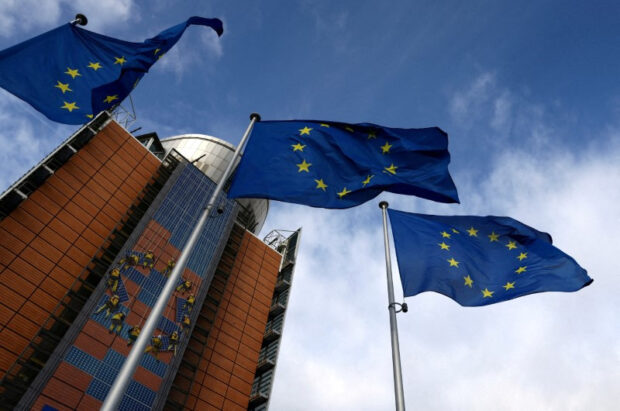
BERLIN – Growth in lending to euro zone companies slowed again in July, adding to already mounting evidence that sharply higher interest rates are putting a brake on credit creation and economic growth.
Lending to firms in the 20-nation currency bloc expanded by 2.2 percent year-on-year after a 3-percent reading a month earlier, while household credit growth slowed to 1.3 percent from 1.7 percent in June, according to an ECB report.
The European Central Bank raised interest rates for the ninth time in a row in July, increasing the rate that the ECB pays on banks’ deposits from 3.5 percent to 3.75 percent, its highest level since 2000, before euro banknotes and coins had been put into circulation.
At 5.3 percent in July, inflation remains far above the bank’s target and could take until 2025 to fall back to the 2 percent target. Preliminary inflation data for August will be published on Thursday, with analysts polled by Reuters forecasting a decline in inflation to 5.1 percent.
Economic data from PMI surveys in August showed the downturn in euro zone business activity deepened far more than thought this month in a broad-based fall across the region.
Economic growth indicators are now pointing to a contraction in the third quarter, despite what could be a record-breaking tourism season. The weak data is intensifying debate over just how much more the ECB needs to do.
The M3 measure of money supply, seen in the past as a good indicator of future economic expansion, shrank 0.4 percent in July in a turnaround from growth of 0.6 percent in June, below expectations for a reading of 0.0 percent.


